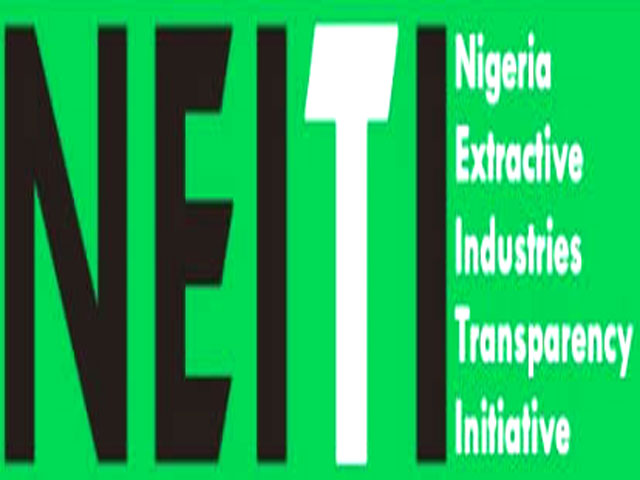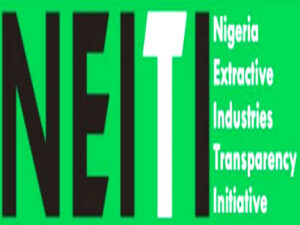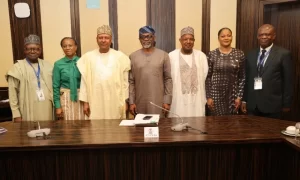

SUBSIDY REMOVAL: NEITI TO PROBE PETROL CONSUMPTION FIGURE
Nigeria Extractive Industries Transparency Initiative has aligned itself with the government’s stance on the removal of fuel subsidy, saying it is the right step in the right direction
even as it pledges to probe daily consumption figures being dished out by government agencies.
NEITI also announced that it had commenced a study to determine the actual consumption of petrol in Nigeria, stressing that the high PMS consumption figures being released by some agencies of government were not correct.
The Executive Secretary, NEITI, Ogbonnaya Orji, disclosed this in Abuja while speaking to journalists on the sidelines of the Stakeholders Validation Worksthe 2022 Annual Progress Report for Nigeria’s Extractive Industries.
“For a very long time, my disposition has been for the removal of subsidy. This government, right from day one, has taken that bold step. There shouldn’t be any going back.
“We should move forward from there and then put in place a robust arrangement that will show a clear departure from the way and manner we have operated under subsidy. Nigerians want to see what will change when the subsidy is no more.
“And we have highlighted this because we know that subsidies put a lot of impediments on transparency and accountability in the management of revenues from the oil and gas industry over the years,” he stated.
Orji stated that NEITI knew that subsidy removal would throw up a lot of other issues, adding that “one of those issues that we know will happen is the actual consumption figure (of petrol).”
He said, “We believe that the figures that are being thrown up as daily consumption of PMS in Nigeria are not very correct. We think we need to have an empirical figure, and that is why NEITI is commissioning a study on the actual PMS consumption in Nigeria.
“We have every reason to believe that the figure may be less than what is being projected and the removal of subsidy has also removed all the incentives for hiking this figure in a manner that lacks empirical and logical reason.
“So the removal of subsidy will remove a lot of opacity and suspicion in budgeting based on estimates. That is why subsidy removal is a very fundamental policy shift that needs to be sustained.”
The NEIT boss, however, stated that some steps should be put in place to cushion the immediate effects that subsidy removal had brought to bear on the very vulnerable less privileged poor, who were spread across the working and non-working class.
“We just need the impact of this subsidy removal to reflect in the improvement of the general well-being of Nigerians and in our social infrastructure,” he stated.
On where to invest subsidy savings, Orji said, “We had suggested that subsidy should be removed. Now, it has been removed. We are now pleading and requesting that a robust arrangement be put in place to show Nigerians the impact of subsidy removal in terms of roads built, infrastructure, access to health, education, etc.
“The savings from this subsidy should be visibly impactful in the lives of NIgerians, and that is where all of us must take responsibility. NEITI has a responsibility working with the media in this direction.”
Speaking on the validation workshop, Orji explained that the global Extractive Industries Transparency Initiative requirement 7.4 under its 2019 standard (now requirement 1.5 under its 2023 standard) mandated all implementing countries, including Nigeria to document their review of impacts and outcomes of the EITI implementation.
He said the documentation was being done in an annual progress report or through other means as might be agreed by the Multi-Stakeholders Group.
“The global body also requires that all stakeholders – companies, government and civil society involved in the EITI process, including those not on the MSG, should be able to participate in reviewing the impact of EITI implementation, provide feedback, and have their views reflected in the annual progress report.
“Therefore, this programme has been designed to consult with you, seek your inputs and have your views reflected in the 2022 the Annual Progress Report of the Nigeria extractive industries in line with the requirements of the global EITI,” he stated.





